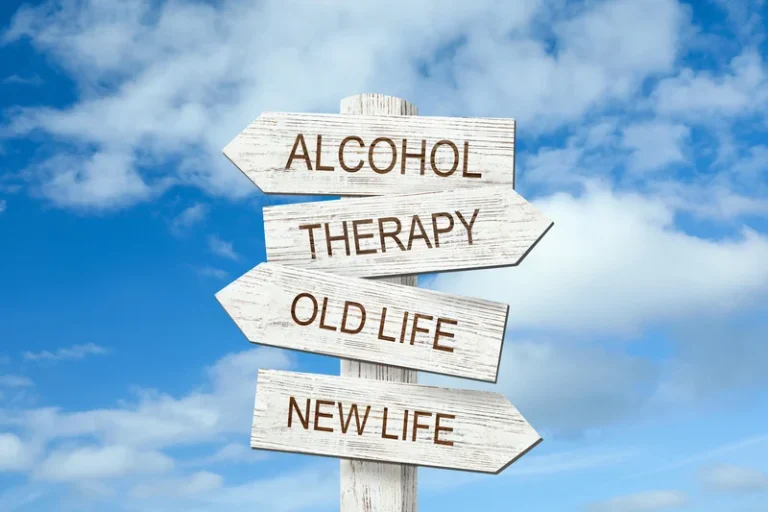
Treat yourself with kindness and patience, just as you would a friend or loved one. Overcoming addiction is a monumental step, but it’s only the beginning of a journey toward rebuilding a life that has been affected by substance rebuilding your life after addiction use. The process of recovery and reintegration into society, or simply into a healthier lifestyle, can be challenging yet immensely rewarding. It’s hard to cut ties with your old friends or activities, but you must.
Rebuilding Your Life After Addiction: How to Regain Trust and Rebuild Relationships

So much of our lives revolve around our relationships with others, and these can be some of the hardest things to repair when it comes to rebuilding life in recovery. It’s likely that some of the people in your life are wary of trusting you completely or believing that you are truly trying to change. If you think of it from their point of view, they probably have reasons for those feelings. So instead of getting frustrated, work on communicating that you understand their position and don’t expect an immediate improvement in the relationship.
- Doing so will encourage you to reflect on your progress and direction and help you stay motivated and on track.
- Chances are, you’d be surprised to see the difference sleeping for eight hours every night can make.
- Having people who understand and support your journey can make the process less isolating and more manageable.
- In addition to individual therapy, family therapy can be beneficial for mending ties and rebuilding relationships that may have been damaged during the addiction.
- Overeating and binge eating is a very common serious consequence that occurs for people after quitting drugs.
- Addicts tend to have an unhealthy sleep schedule, whether that is too much or too little sleep.
Benefits Of Living a Healthy Life After Substance Abuse

And the same applies to surrounding yourself with people who love and wish the best for you. It can damage relationships, hinder career prospects, and cause financial and legal problems. It can also impact your physical, emotional, and mental health. Drugs and alcohol rewire the brain in ways that make quitting difficult. After leaving rehab, it is crucial to cut ties with all previous substance abusing and addicted friends from the past.
Recovery Cove… Heal. Grow. Connect. Live.

Processing these emotions helps you nurture your sobriety and build a positive future. While in rehab you will have learned about the causes of your addiction and develop strategies to cope with life’s struggles healthily. If you or a loved one is living with addiction and ready to pursue recovery, we can help. Contact Spring Hill Recovery Center to learn about our treatment programs. Moreover, the stigma around addiction can be particularly powerful in this age group, potentially preventing them from seeking help. This generation may also lack a strong support network, as peers may have passed away or moved to different locations.
- Committing to your sobriety often means that you may have to avoid spending time with friends or family members who engage in substance abuse, especially in the early days.
- Initially, you’ll have to conquer withdrawal symptoms and cravings to use again.
- It is important to have a support system in place as you work towards sobriety.
- Let us delve into the essential components of a healthy lifestyle, addressing your physical, mental, and emotional needs.
Knowing that your loved ones and others affected by your actions have forgiven you might help you. This is why making amends is such a crucial step – when you hear from those around you that they don’t hold your mistakes against you, it becomes easier to let go of them yourself. You may, for example, be disappointed or angry with yourself for falling prey to addiction, especially if it is because of a relapse.
- He was named the Samson Strength & Conditioning Coach of the Year in 2008 and 2011.
- When addiction affected your life, it also made things difficult for your family members.
- None of the eight former coaches contacted by ESPN who previously worked with Cochran said they were aware of his substance abuse struggles at the time.
- Recovery is a lifelong journey; a new routine can replace uncertainty and fear with stability and security.
- Engage in new activities, join support groups, and slowly rebuild trust with family and friends.
Additionally, you can set realistic goals and celebrate your achievements along the way. Embrace new hobbies, explore creative outlets, and nourish your mind and body. Stay connected with uplifting individuals and remind yourself of your progress. Let your newfound freedom and resilience drive you toward a fulfilling and inspired life.

This will give you a sense of purpose and fulfillment outside of your addiction. Substance addiction has left a giant hole in your life, and now is the time for you to fill that hole with something productive, engaging, and fun. Finding new hobbies is easy; try by volunteering, pursuing further education, or other positive and fulfilling hobbies to keep new life on the right path. Accountable – A supportive community holds you accountable for your actions. Once you’ve set specific, measurable goals, your support system can help encourage you during milestones and lift you up when you feel your lowest. If you’re new to goal setting, here is a quick breakdown of SMART goals and how you can maximize your chances of success.
Rebuilding Relationships After Addiction








